‘Avatar: The Way Of Water’ Production Notes Appear To Confirm Film Will Push Climate Change And Colonization Propaganda
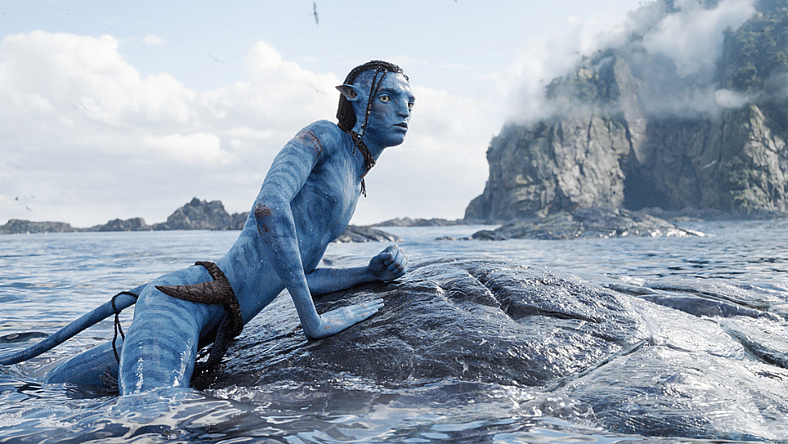
Production notes for Avatar: The Way of Water appear to confirm the film will push both climate change and colonization propaganda.

In the production notes provided by The Walt Disney Company to Bounding Into Comics, it provides significant details regarding the plot of the film.
The notes state, “Heroic Jake Sully, having begun Avatar as a paraplegic Marine grieving the death of his twin brother and desperately searching for a new path, now begins The Way of Water as the happily married patriarch of his family and the head of the Omatikaya clan, fully inhabiting his Na’vi body.”
“’Family is our fortress,’ he often reminds wife Neytiri and their children, Neteyam (Jamie Flatters), Lo’ak (Britain Dalton), Tuk (Trinity Jo-Li Bliss) and adopted teenage daughter, Kiri (Sigourney Weaver). Much to Jake’s and Neytiri’s chagrin, their kids often hang out with Spider (Jack Champion), a human child orphaned by the war and too small at the time to return to Earth,” it adds.
It goes on, “The Omatikaya clan has lived a rather idyllic life for more than a decade before a growing star in the night sky signals the return of the human invaders. When human forces and massive destructive equipment land on Pandora, the Sullys and the rest of the Omatikaya are forced to create a secure stronghold in a giant cavern located within one of the massive floating rock formations that are a part of the Hallelujah Mountains.”
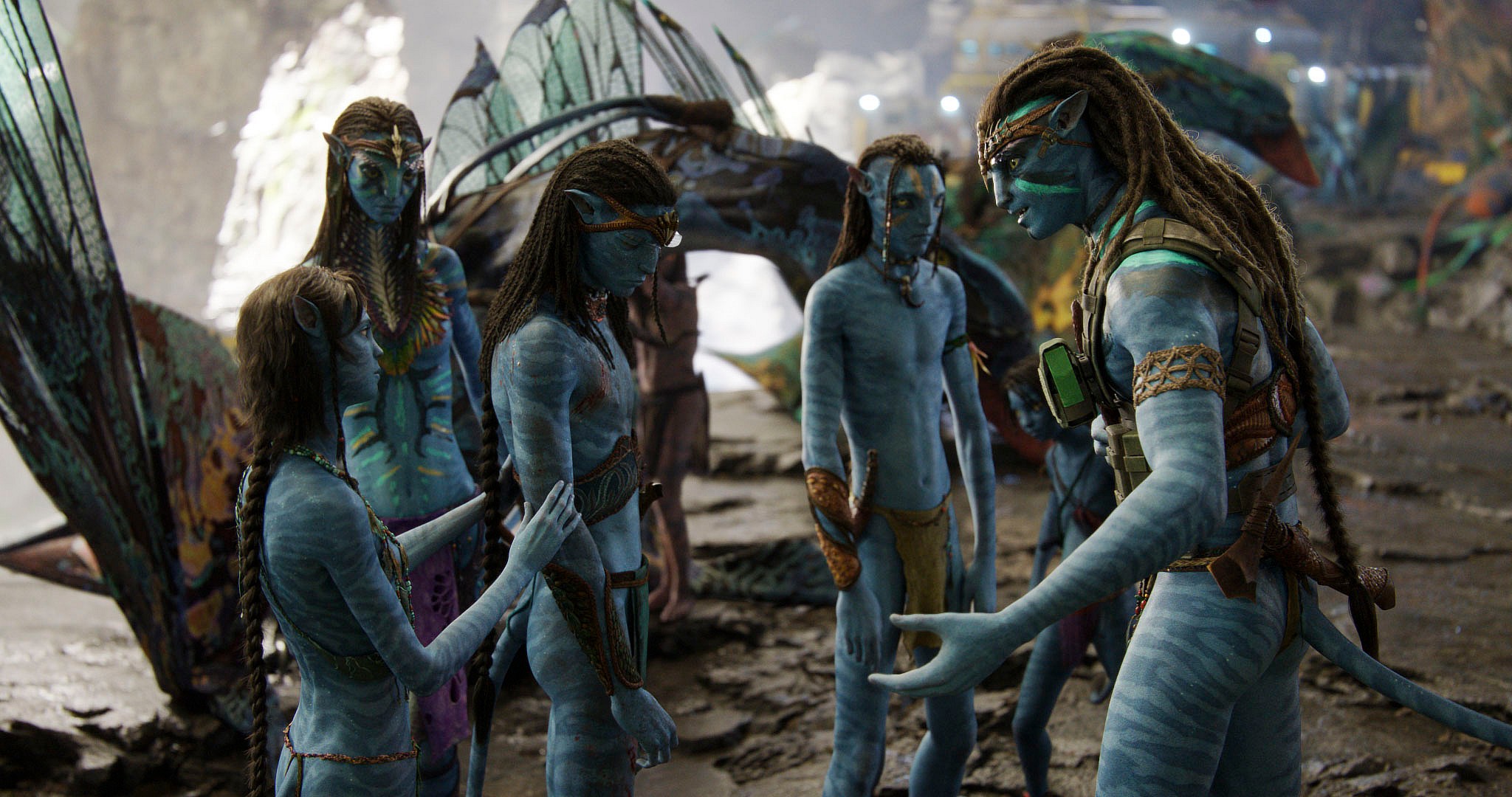
The notes then appear to signal that the film will be pushing climate change and colonization propaganda.
They read, “‘The Sky People’ return to Pandora not just to run a mining operation to strip the moon of the valuable mineral known as “unobtainium.” Instead, the Resources Development Administration (RDA) returns in force with the added objective to colonize the entire moon and make it the new home for humanity, as Earth is on the precipice of no longer being inhabitable.”
“Destroying a large swathe of forest, the RDA erects a giant walled city on the ocean’s edge called Bridgehead. Leading the RDA’s on-world assets is unyielding General Francis Ardmore (Edie
Falco),” it adds.

The climate change propaganda is baked into the premise that the Earth is somehow doomed and has become inhabitable in the decade or so since the first film.
It’s not hard to make the assumption that the reason for that will be climate change, the current trendy phrase used by NASA and others to describe what they used to call global warming, or humanity being the root cause of a rise in global temperatures.
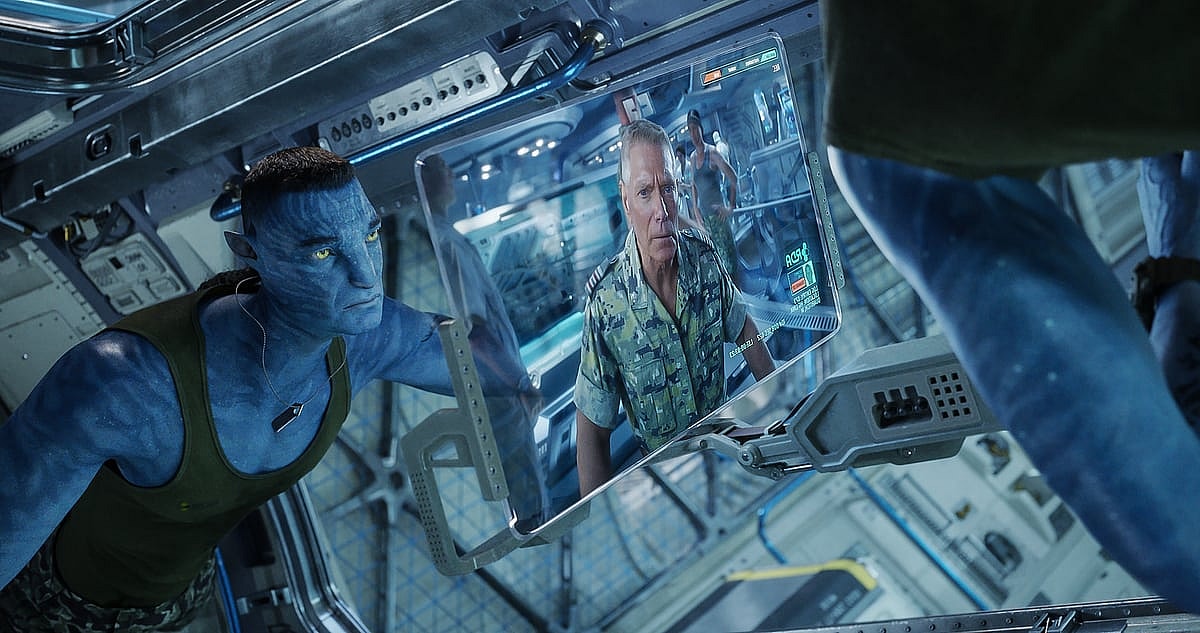
As for the colonization propaganda, it’s right there in the RDA’s goals. They want to “colonize the entire moon.” And it’s no surprise that the colonizers will be depicted as the villains. This goes along with the current regime narrative that colonialism is bad.
In 2017 Nathan J. Robinson in Current Affairs detailed this narrative writing, “Perhaps the easiest way to understand why colonialism was so horrific is to imagine it happening in your own country now. It is invaded, conquered, and occupied by a foreign power. Existing governing institutions are dismantled and replaced by absolute rule of the colonizers. A strict hierarchy separates the colonized and the colonizer; you are treated as an inconvenient subhuman who can be abused at will. The colonists commit crimes with impunity against your people. Efforts at resistance are met with brutal reprisal, sometimes massacre. The more vividly and accurately you manage to conjure what this scenario would actually look like, the more horrified you will be by the very idea of colonialism.”
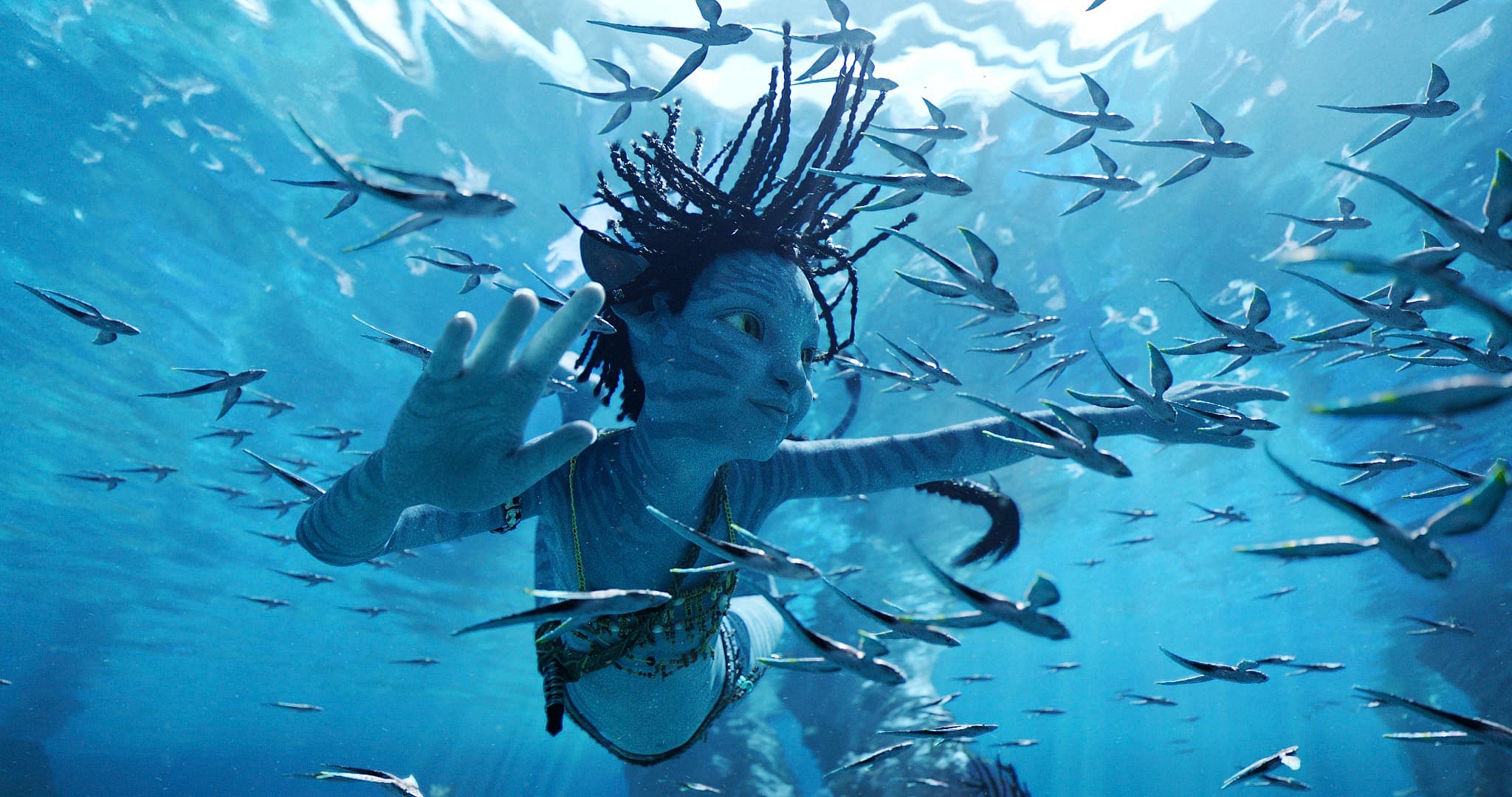
However, while indeed many of the actions of colonizers is heinous and immoral, the act of colonizing in and of itself is not. Dr. AnnaMaria Cardinalli writes at Ascension Press, “Was there military brutality in the conquest of the Americas? Yes, as there is, unfortunately, in almost all human conflict. Did Catholic settlers mistreat Native Americans, and is this hypocritical in light of their professed Faith? Tragically and horrifically, yes. Did Catholic settlers free Native Americans from oppression? The answer here is also yes—a giant, resounding yes which saw to the salvation of lives and souls on an unprecedented scale.”
She goes on to note, “Imagine the physical and spiritual terror the average citizen of the largest American civilization lived under prior to the time of Catholic Spanish Colonial contact. Historians estimate that in the year 1487, just prior to the Spanish arrival, the Aztecs sacrificed close to 100,000 people. To do this, they waged constant war upon their neighbors to ensure a steady stream of victims, as the demands of their gods were too great for even their own massive population to satisfy.
Dr. Cardinalli then asserts, “Imperfect as Spanish rule might have been, the system it replaced was not an egalitarian utopia. It was not a society in which the news of a God who did not demand human sacrifice but instead gave his own Body and Blood, present in the Eucharist, came as an unwanted imposition. Instead, the Catholic Faith meant salvation on many levels to the average citizen, although it meant a loss of power to the ruling classes of the time.”
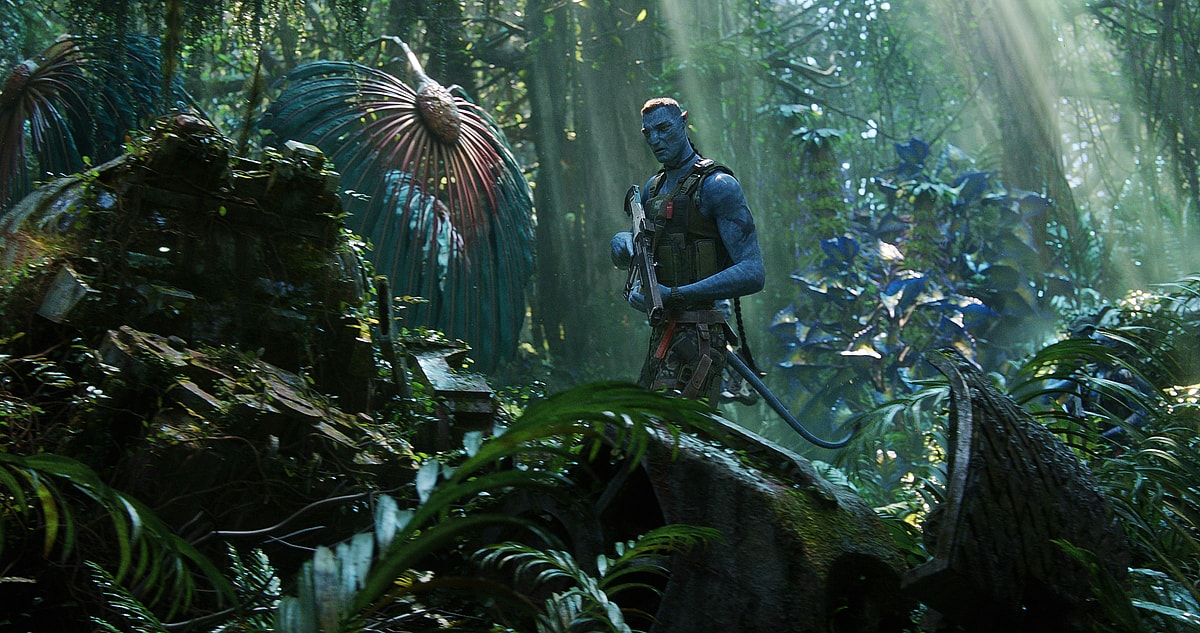
It’s unclear whether or not The Way of Water will have any of this complexity as the production notes continue, “In addition to having an armada of weaponized land, air and sea vehicles at their disposal, the RDA has brought with them a secret weapon: an elite team of soldiers resurrected as recombinants (recoms). Recoms are autonomous avatars embedded with the memories of the humans whose DNA was used to create them. Leading this fighting force is Recom Col. Miles Quaritch (Stephen Lang).”
The notes state, “As the Olo’eyktan (leader) of the Omatikaya, Jake successfully leads the warriors of the clan on incursions against the RDA. However, when Jake realizes that he himself is in fact the target of Quaritch’s recom team, he and Neytiri make the tough decision that it is in the best interest of the greater clan for the Sullys to flee their homeland and seek safe haven in the distant atolls of Pandora. The decision is one that tears at the heart of each of the family members. ‘That’s the dilemma for those characters,’ Cameron says. ‘To do what’s right for the greater good or to do your job and your duty of what your heart tells you for your family?'”
While it’s unclear what the exact choice will be in the movie, based on these notes trying to force an either or choice appears to be the wrong answer. There are probably a number of choices the family could make with the one popping instantly in my head is Sully sending his wife and kids away as he continues to lead the men against the invasion of the RDA.

Nevertheless, the notes reveal the decision he makes, “After making the long journey across the vast oceans of Pandora, the Sullys arrive at the home of Metkayina clan, led by Ronal (Kate Winslet) and Tonowari (Cliff Curtis). There, Jake invokes Uturu, a Na’vi tradition stating that any refugee seeking sanctuary must be granted safe harbor. Reluctantly welcoming their guests, Ronal and Tonowari instruct their children Tsireya (Bailey Bass) and Aonung (Filip Geljo) to attempt to help the Sully kids adapt to the water clan’s customs and traditions.
“The Sullys’ disappearance from the rainforest does not stop Quaritch from searching out “the insurgent Jake Sully.” When Quaritch gets intel that suggests that Jake might be living among one of the many reef clans, he turns his focus to ravaging reef village after reef village in search of his nemesis. Quaritch’s pursuit leads not only to an epic sea battle that pits RDA forces against Jake, Neytiri and the Metkayina people but also a very personal confrontation between Quaritch and the two Sully parents,” the notes conclude.
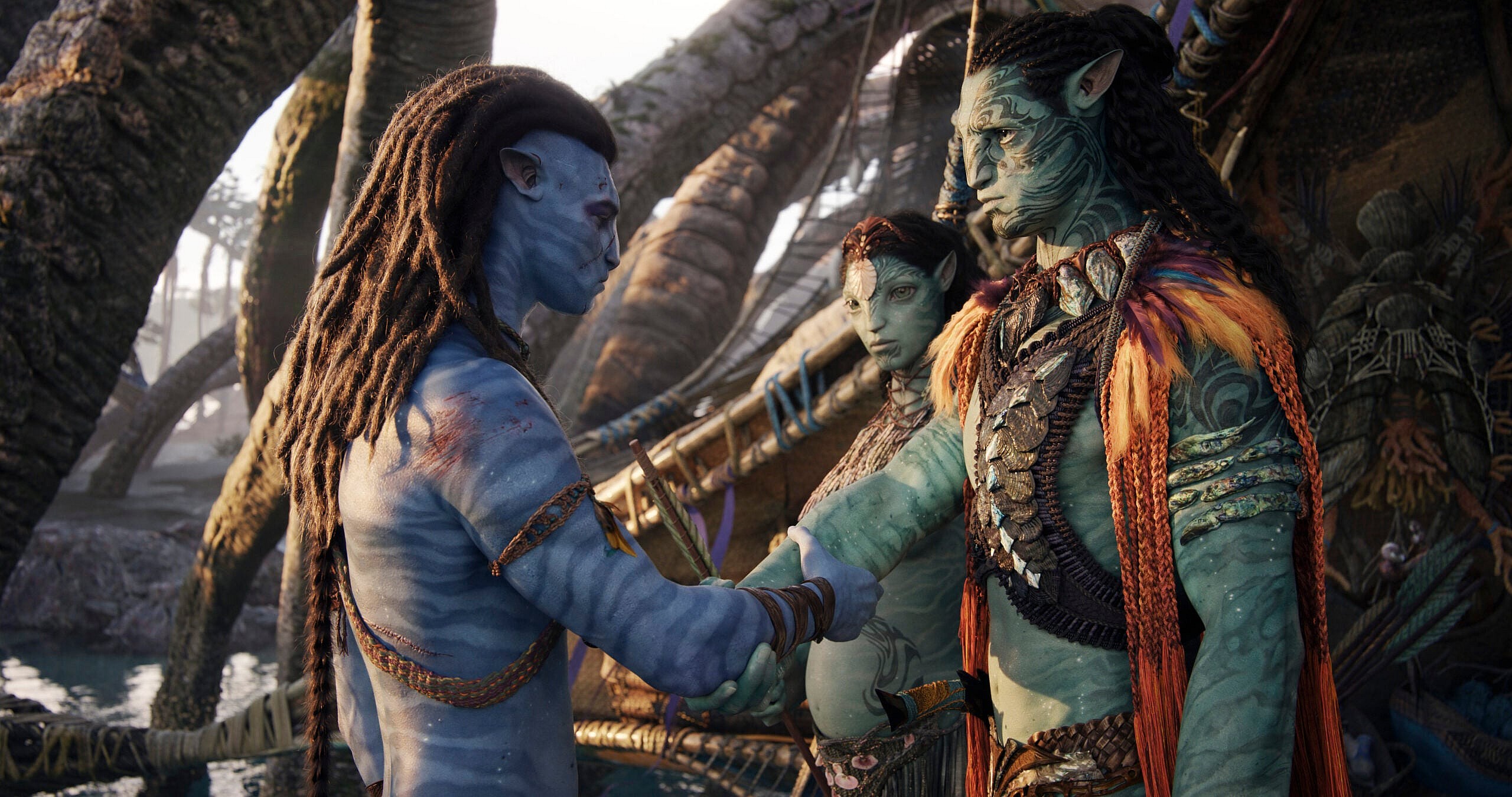
The fact that the climate change messaging is baked into the plot shouldn’t come as a surprise. Cameron claimed the film wouldn’t be preachy with its messaging during a wide-ranging interview with The Hollywood Reporter. He explained, “You can’t hit environmental messaging over the head. People are angsty enough. We’ll be injecting this film into a marketplace in a different time. And maybe things that were over the horizon in 2009 are upon us now. Maybe it’s not entertainment anymore.”
He then noted he would be trying to push the message, “We skipped from complete denial [of climate change] to fatalistic acceptance, and we missed the middle step. The filmmaker’s role is not to make it all gloom and doom anymore but to offer constructive solutions.”
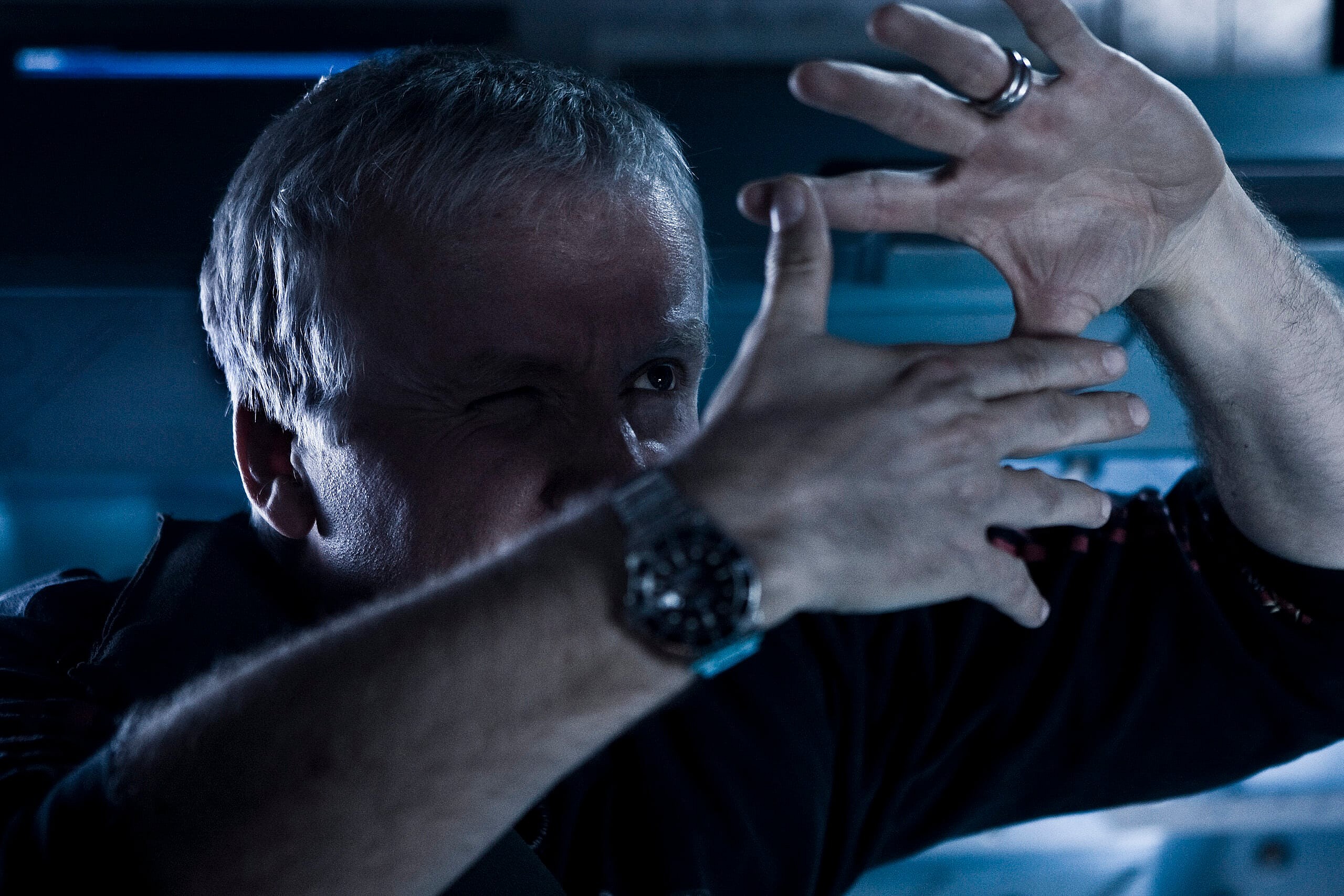
What do you make of the fact that Avatar: The Way of Water will include colonization and climate change propaganda?
NEXT: Sam Worthington Says ‘Avatar: The Way Of Water’ “Is About Protecting Your Family”
